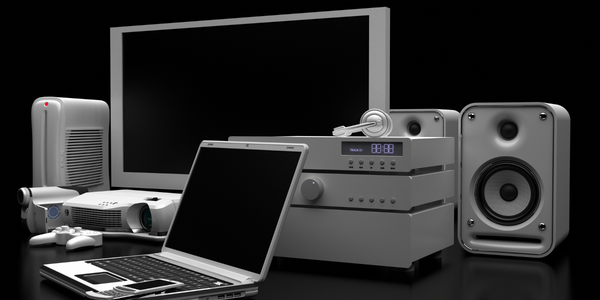Leveraging Altium Designer for Satellite Design at RWTC Aachen University
- Networks & Connectivity - Global Navigation Satellite System (GNSS)
- Sensors - GPS
- Electronics
- Telecommunications
- Product Research & Development
- Rapid Prototyping
- Smart Campus
- Hardware Design & Engineering Services
RWTC Aachen University, the largest technical university in Germany, presented its students with a unique challenge to develop a space-ready satellite that can withstand the harshness of space and a return into earth’s atmosphere, all while keeping development costs as low as possible. This project was an opportunity for students to gain hands-on experience in the spacecraft engineering discipline, learning valuable management and technical skills as they juggled the responsibilities of mechanical, electrical and systems engineering and the complexities of project management. The development of the innovative satellite system, named COMPASS-1, came with a strict set of design restrictions. Students had to meet requirements as defined by the international CubeSat standards, including shape and weight restrictions as well as using only commercial, off-the-shelf components while controlling production costs.
Rheinisch-Westfälische Technische Hochschule Aachen, also known as RWTC Aachen University, is the largest technical university in Germany, with over 45,000 students enrolled in 144 study programs. The Astronautical Department at RWTC Aachen University (AcUAS) is dedicated to providing its students with hands-on experience in the spacecraft engineering discipline. The department encourages its students to learn valuable management and technical skills by taking on complex projects such as the development of a space-ready satellite.
To meet these challenges, RWTC Aachen University selected Altium Designer as the perfect fit for their satellite design requirements. Altium Designer allowed students to design precise, space-ready board layouts while mastering the world’s leading PCB software tool. The unified design environment in Altium Designer provided students with a needed collaborative workflow process, all within a single application. Changes were easily made to the satellite’s electronics in Altium Designer based on detailed test results from the prototyping phase. These changes were then easily synced across the entire project, from schematic to board layout. Using Altium Designer, students at AcUAS successfully moved through the design, prototyping, and production process with ease.
Related Case Studies.











